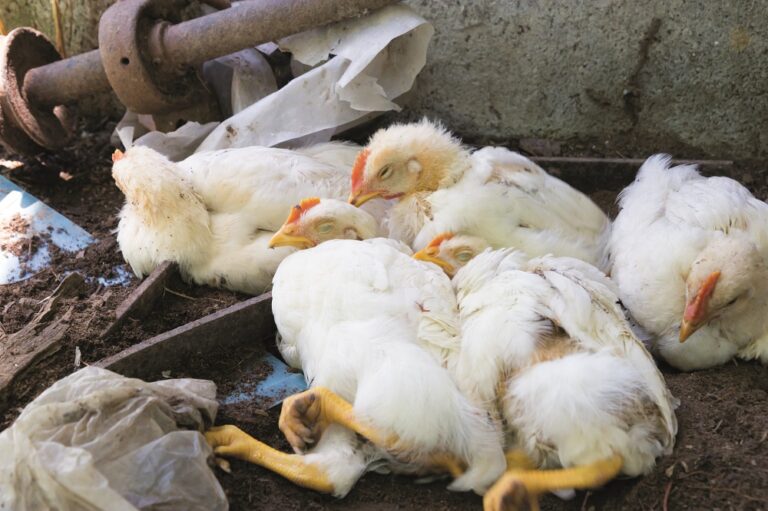The European Commission has signed a deal to buy 665,000 avian influenza vaccines that will be supplied to 15 EU member states, for use in people considered most at risk, such as poultry farm workers and vets.
The deal was announced by vaccine manufacturer CSL Seqirus, which was selected by the Health Emergency Preparedness and Response Authority (HERA), part of the European Commission (EC), to provide the vaccines. Under the terms of the agreement, CSL Seqirus will deliver 665,000 doses of pre-pandemic vaccine that is well-matched to the H5 of the currently circulating H5N1 strain, to fifteen EU and EEA Member States. In addition, the four-year contract includes an option for participating authorities to purchase up to an additional 40 million doses of the pre-pandemic vaccine over the life of the contract.
This acquisition of pre-pandemic (zoonotic) vaccine will create a stockpile of vaccines available to support the EC’s outbreak and pre-pandemic response, the company said.
“While the ECDC assesses the risk of infection from avian influenza to be low for the general population, it considers people with activities that expose them to infected animals or a contaminated environment at low-medium risk,” said Raja Rajaram, CSL Seqirus, Head of Global Medical Strategy. “This agreement will help in Europe’s resolve to maintain robust preparedness and rapid response capabilities for this potential threat.”
The vaccines are being manufactured in CSL Seqirus’ European manufacturing sites in Amsterdam (for test and release) and Liverpool which utilises a scalable method of production and is one of the largest sites in Europe to manufacture seasonal influenza vaccines.
Avian influenza viruses do not normally infect humans, however, in rare cases humans have been infected with avian influenza viruses. Illness in humans from avian influenza has varied in levels of severity, from no symptoms or mild illness to severe disease and death. The spread of avian influenza from one human to another is very rare and typically has only spread to a few people.


